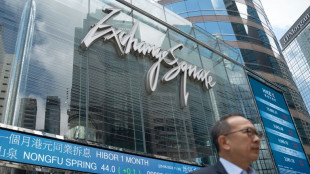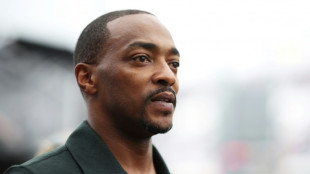

Purdue Pharma owners up opioid settlement offer to $6 bn
The owners of Purdue Pharma, maker of OxyContin, have offered to pay up to $6 billion to victims of the US opioid crisis to settle an avalanche of litigation, according to a report filed Friday by a federal mediator.
The Sackler family's new offer would raise by at least a billion dollars a $4.5 billion bankruptcy settlement thrown out by a US judge in December over language that would have shielded the family from further lawsuits involving the highly addictive prescription painkiller.
Under the new proposal, the Sacklers "would be paying, in total, not less than $5.5 billion and up to $6 billion", according to Friday's filing to the US Bankruptcy Court in the Southern District of New York.
But while a "supermajority" of involved parties have agreed to the deal, all eight US states involved along with the District of Columbia would need to sign off for it to move forward, the report filed by US Bankruptcy Court Judge Shelley Chapman states.
The additional funds would be used "exclusively for abatement of the opioid crisis, including support and services for survivors, victims, and their families", according to the report.
The opioid addiction crisis has caused more than 500,000 overdose deaths in the United States over the past 20 years.
Facing thousands of lawsuits, Purdue filed for bankruptcy in 2019, and it pled guilty to three criminal charges over its aggressive marketing of OxyContin in 2020.
In December, US Judge Colleen McMahon ruled that the federal judge who approved the original bankruptcy plan three months earlier had no authority to prevent future lawsuits against the Sacklers, except in cases of intentional misconduct.
While more than 40 states had signed off on the rejected deal, a group of eight, along with the District of Columbia, refused to accept it.
William Tong, the Connecticut attorney general who led the appeal against the earlier ruling, called its overturning a "seismic victory for justice and accountability".
O.Esposito--IM



